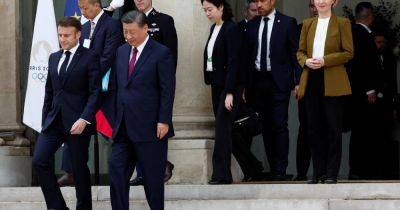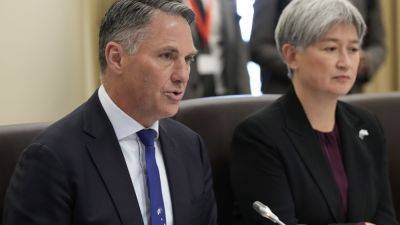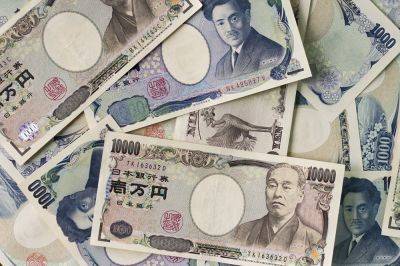As yen sinks, Japan must avoid goading China into a currency war
And President Xi Jinping might conclude that the yen’s drop affords China the geopolitical cover to engineer a weaker yuan.
Let’s hope Xi resists this urge. It’s not hard to count the ways such a move could backfire on the global economy in the short term and China’s development in the long run. The biggest is triggering the worst currency war in decades, which would slam bond and stock markets everywhere.
02:42
Japanese monetary authorities mull intervention options after yen drops to 34-year low
A weaker yuan would turn even more of Capitol Hill’s attention Beijing’s way, and in ways that pull Japan into the fray, too.
A pivot towards a weaker yuan might have Trump and Biden vying to go one better on punishing China’s beggar-thy-neighbour gambit. Yet the bigger risk is that it could trigger devaluation moves across Asia and beyond.
Back then, officials at the US Treasury and International Monetary Fund practically begged China not to devalue, as Indonesia, South Korea and Thailand had done. The fear was that a yuan devaluation would cause a dangerous domino effect. And that the economies that had avoided the worst of the crisis – like Malaysia and the Philippines – would fall next.
That didn’t happen, thankfully. But China’s economy circa 1997 wasn’t facing the daunting challenges it does today.
China’s property stumble echoes Japan’s bad-loan debacle in the 1990s. Just as with Japan, it is generating deflationary pressures that Beijing is struggling to address.
16:50
Can China learn lessons from Japan’s ‘lost 30 years’?
This gets at why a weaker yuan would hurt China’s economic development in the longer term.
If currency devaluation were a ladder to vast riches, Argentina and Turkey would be Group of Seven nations. Despite the






